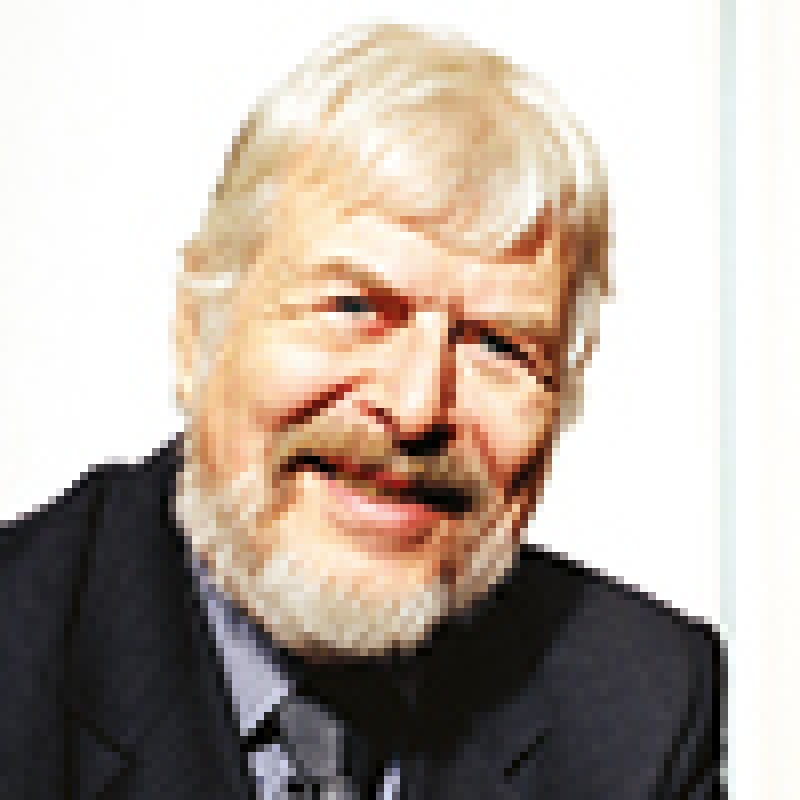In this case, the plaintiff has produced since 1989 the well-known TV-series The Simpsons which has been shown in German-speaking countries since mid-1994 and in which beer under the fictitious name Duff is consumed. The producer owns EU trade mark number 8351091 for the word Duff for beer (application date June 9 2009 and registered on March 26 2014).
The defendant is a German company selling among other goods beverages and is also the owner of a registered German mark Duff Beer (word) with a priority of January 12 1999 registered for beer on June 8 1999. An Austrian brewery produced the beer for the defendant and filled it in cans with the inscription Duff which were shipped to Germany. An infringement suit against the Austrian producer has already ended with a settlement. The plaintiff had also filed an invalidity action against the owner of the German trade mark, which was finally rejected by the German Supreme Court in December 2012.
On November 19 2014 the plaintiff sued the German defendant in Austria (as the place of infringement according to Article 97 (5) CTMR) for infringement since the settlement with the Austrian brewery does not mean that the German company will now refrain from further infringements in Austria. The defendant answered with the filing of a counterclaim for a declaration of invalidity of the plaintiff's EUTM.
The plaintiff also asked for a preliminary injunction to stop any further use of signs such as Duff or Duff Beer or similar signs for beer in Austria and any promotion or advertisement for them. The preliminary action went up to the Supreme Court of Austria. In this action the defendant brought forward that in view of its older German trade mark it had the better rights and the plaintiff's EUTM is invalid. The Supreme Court found that although a counterclaim for invalidity is only to be heard in the main infringement action, a defence based on an older right is also possible in an interlocutory injunction proceeding. Whether an older right is present here is to be judged according to the CTMR according to which also a German older right can be cited in proceedings in Austria as possibly invalidating the EUTM giving rights in Austria. That must also be true when the Austrian Community Courts have only territorially limited authority according to Article 97 (5) CTMR. The older German mark has also to be presumed to be valid on the basis of the decision of the German Supreme Court.
The plaintiff did want to rely on the fact that even when his EUTM would be declared invalid because of the German older right he would ask for conversion of it into a national mark for Austria and for his claim it does not matter whether the interdiction is based on an EUTM or on an Austrian mark flowing from it with identical priority. The Austrian Supreme Court replied that this idea is false – the national mark created by conversion does not retroactively replace the EUTM. The EUTM would be declared invalid ex tunc while a request for conversion leads to a new national trade mark application which yet had to be registered. And any rights given by an Austrian trade mark clearly start only with the registration date: here that means in the future. Therefore, on the basis of this EUTM the request for an interlocutory injunction has to be denied.
Apparently The Simpsons could not envisage their Duff beer to be a thing of the real world. When the German company took the opportunity to market real Duff beer about 1999 the producer of The Simpsons started fighting. The German company from the beginning realised that they needed trade mark protection while The Simpsons thought that they could do without. Only 10 years later and having lost their actions in the lower courts in Germany they accepted the necessity of trade mark protection and filed for the then vulnerable EUTM. This not only shows the importance of timely trade mark protection but also that it is unwise to base an infringement action (at least alone) on a trade mark right when one knows that at the end it cannot be upheld.

|
Helmut Sonn |
SONN & PARTNER PatentanwälteRiemergasse 14A-1010 Vienna, AustriaTel: +43 1 512 84 05Fax: +43 1 512 98 05office@sonn.atwww.sonn.at










